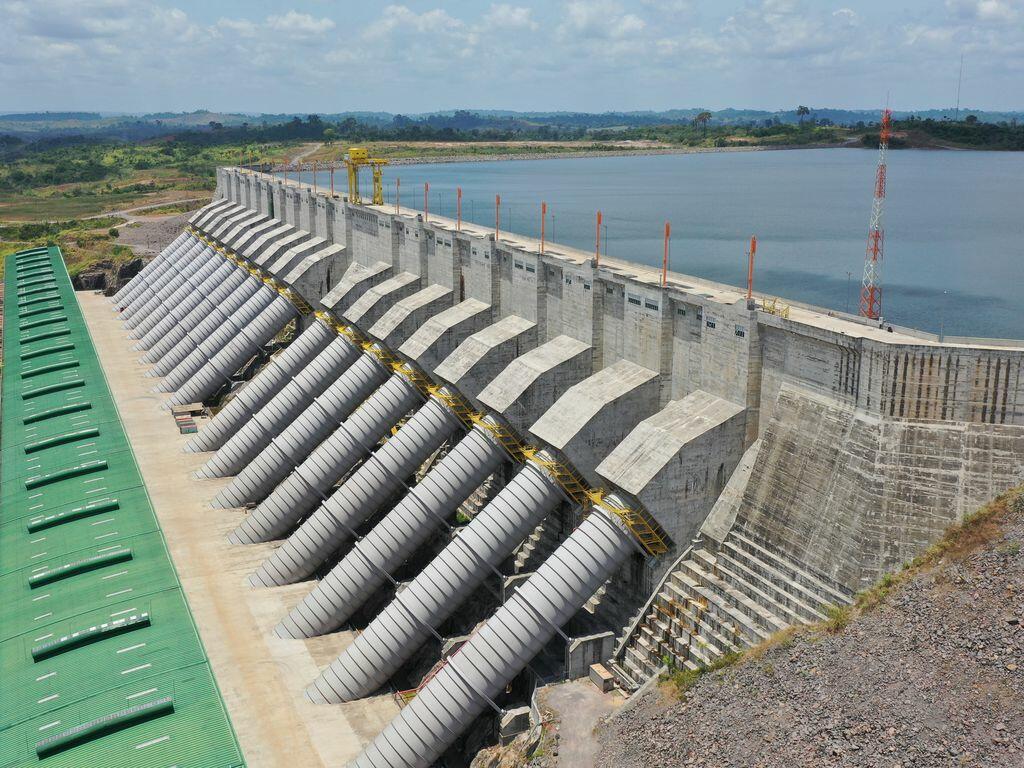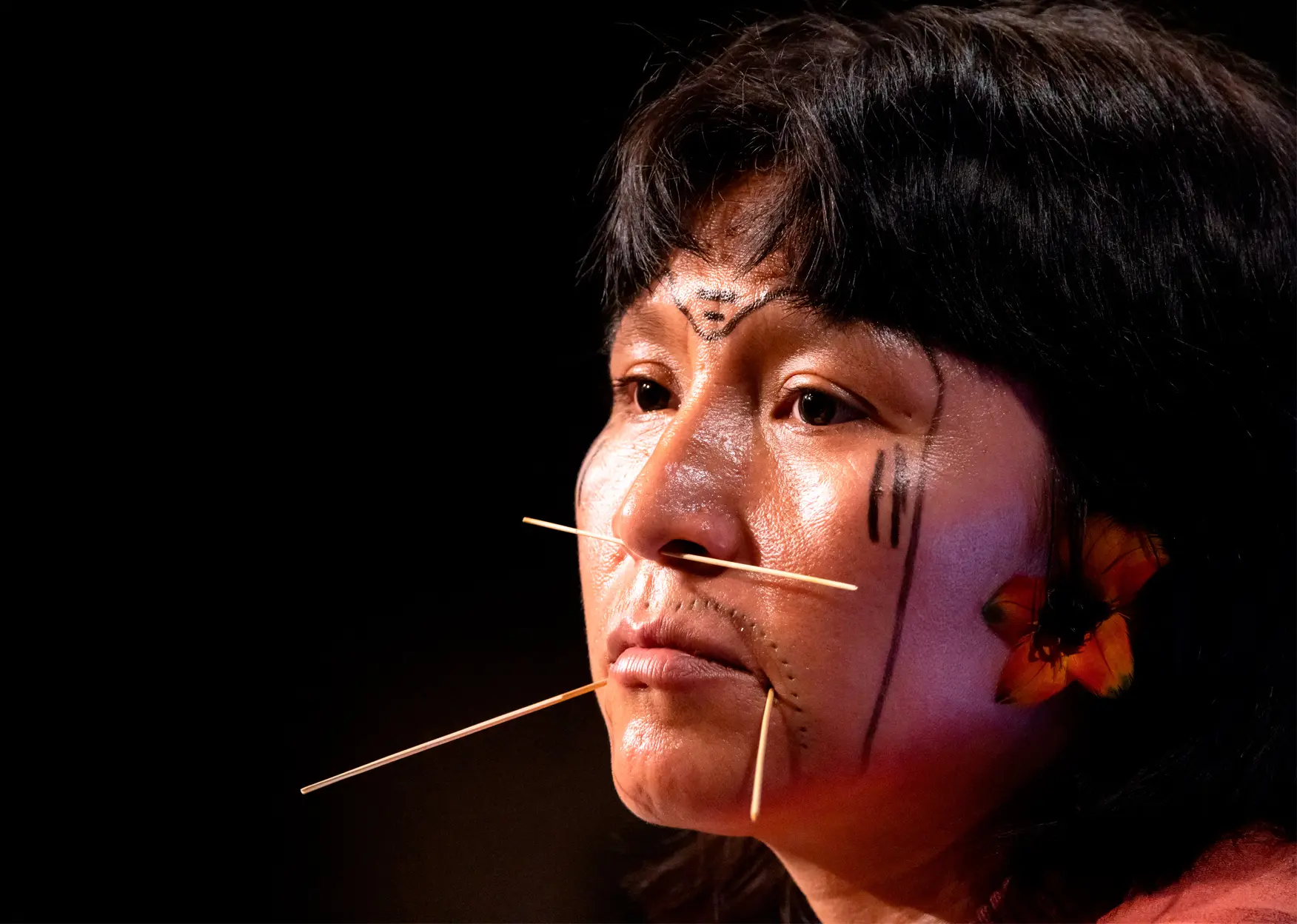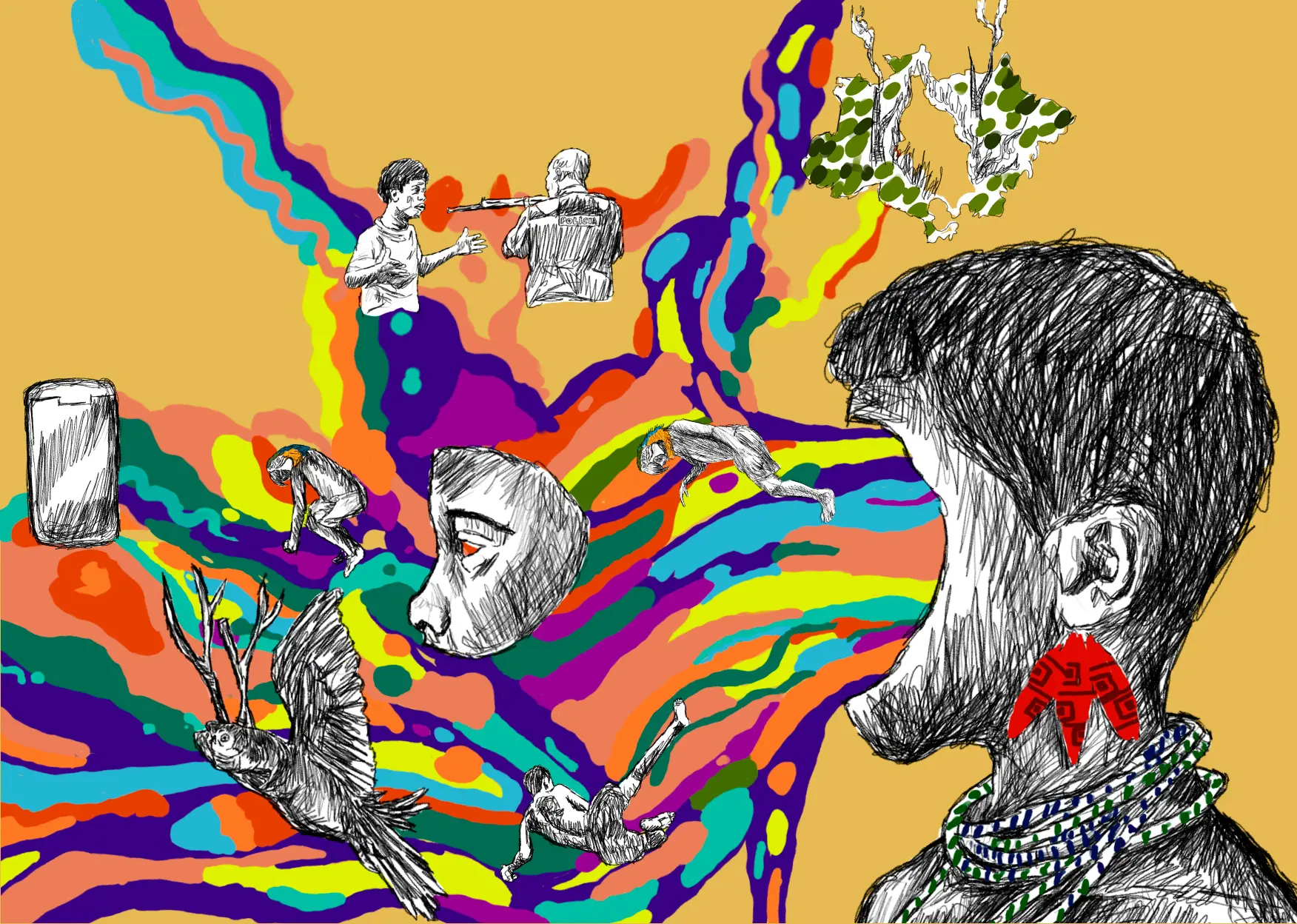Brazil’s new government
- After being ignored under Jair Bolsonaro’s presidency, the Munduruku people, like the entire indigenous population of Brazil, have long dreamt of a change in government. The Amazônia Real news portal describes the efforts made by residents of the Munduruku villages, in Itaituba, in the Lower Amazon, to ensure not one of their votes for Lula, and against Bolsonaro, was wasted on election day.
- Lula’s victory in last week’s election has already brought invitations to COP-27, which takes place in Egypt later this month. Brazil’s new president-elect has been invited not only by the governor of Pará, Helder Barbalho, but also by the United Nations and the president of Egypt, Abdel Fattah El-Sisi, reports the Estadão newspaper.
- Germany and Norway are to recommence payments to the Amazon Fund, created in 2008 to prevent and combat forest fires. The two countries had halted contributions in 2019, after seeing deforestation rise under the Bolsonaro government, reports DW. Norway announced its return to the scheme the day after Lula’s victory on October 30.
- By a ten to one margin, Brazil’s Supreme Court has voted to order the government to reactivate the Amazon Fund. The fund, worth R$3 billion (around U$593 million), should be reactivated within 60 days, reports the Jota website.
Belo Monte versus the fishing communities
- The Norte Energia consortium, responsible for the Belo Monte hydroelectric plant, has presented the Brazilian Institute of the Environment and Renewable Natural Resources with a compensation plan for the 1,976 fishermen whose livelihoods were harmed by the plant. In addition to financial compensation, the company has promised to fund “productive projects”, reports the Folha de S. Paulo newspaper. The consortium hopes the proposal will lead to the renewal of the plant’s operational license, which expired in November last year.
Illegal forest exploitation
- 8,000 hectares of forest in the Guariba-Roosevelt Extractive Reserve, in Mato Grosso, suffered illegal exploitation between 2013 and 2021, reports the oeco news site. The reserve is located between Colniza and Aripuanã, in the far northeast of the state and close to the triple border with Amazonas and Rondonia.
- The arrival in Latin America of the Swiss chain Ikea, the world’s biggest consumer of wood, is worrying environmentalists. How will the home furnishing store chain’s expansion affect the Amazon Rainforest? The Peruvian independent journalism site OjoPúblico has revealed an increase in the importation of wood from Brazil by the Falabella group, which represents Ikea in Latin America, in the last two years.
Agrobusiness suffocating family-run farming
- Family-run farming is being suffocated by large-scale agrobusiness in the Bahia Cerrado, according to a report by O Joio e o Trigo. In Ariana, in the west of the state, the area given over to soy farming has grown from 381,000 hectares in 1993 to 1.6 million hectares in 2018, drying up rivers in local communities.
The pirarucu, the giant that saves the Amazon
- In the Amazon, the pirarucu fish is helping to save the rainforest. The fish have returned to the lakes of Medio Jurua. An Associated Press story describes how people from different backgrounds are working together to save the pirarucu from illegal fishing and extinction in the Medio Jurua Extractive Reserve. The controlled fishing has protected the environment and brought money to the community.

Belo Monte hydroelectric plant. Photo: TV Brasil



